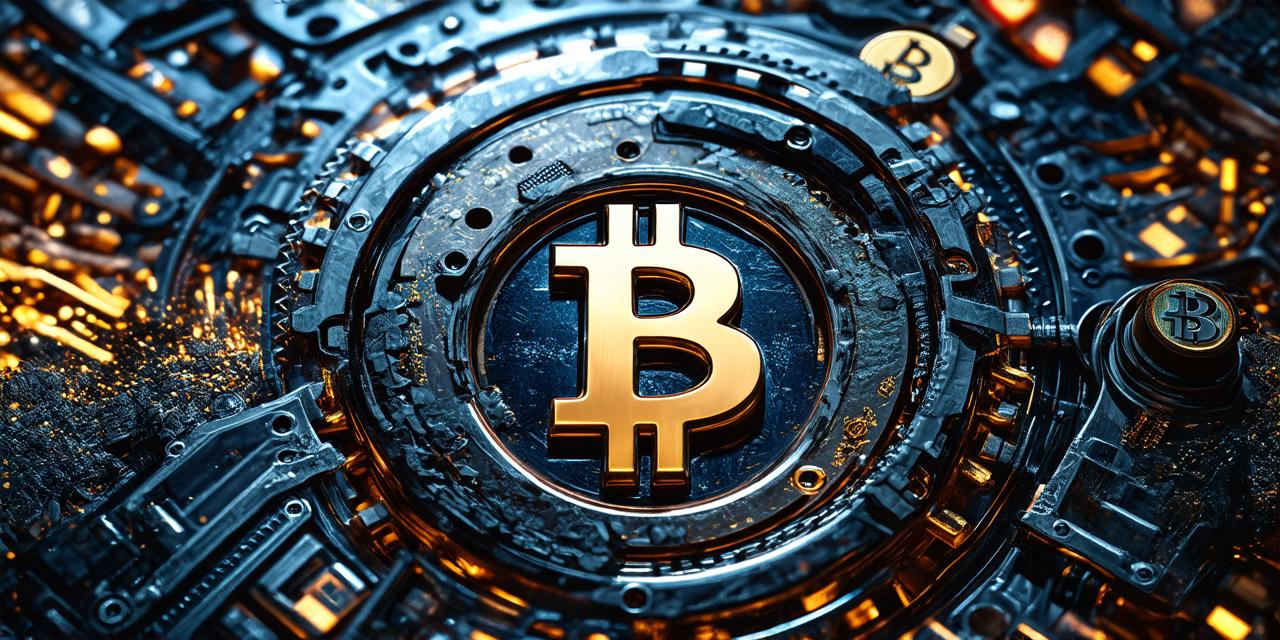Understanding Miners in Blockchain
In simple terms, a miner is a computer system that participates in the validation of transactions on a blockchain network. These transactions are verified by the miner to ensure they meet the rules of the protocol, such as having sufficient funds and not violating any consensus agreements. Once the transaction has been verified, it is added to the blockchain, creating a permanent record of the event.
Miners are rewarded for their efforts in the form of cryptocurrency. For example, in Bitcoin, miners who successfully verify transactions are rewarded with newly minted bitcoins. This system helps maintain the integrity of the network by incentivizing participants to contribute their resources and expertise to ensure the security and reliability of the blockchain.
The Importance of Miners in Blockchain
Miners are critical to the functioning of blockchain networks. Without them, transactions would have to be manually verified by a central authority, which could lead to corruption and manipulation of the ledger. By decentralizing this process, miners help ensure that the blockchain remains immutable and secure, making it an ideal platform for storing sensitive data and conducting financial transactions.
Furthermore, miners play an essential role in maintaining the consensus of the network. They use their computational power to solve complex mathematical problems that validate transactions and create new blocks on the blockchain. These problems require significant computational resources, making it difficult for any single entity to control the network. This decentralization helps prevent attacks and ensures that the network remains resilient in the face of external threats.
Real-life Examples of Miners in Blockchain
Let’s take a look at some real-life examples of miners in blockchain:
-
Bitcoin: As mentioned earlier, miners in the Bitcoin network are rewarded with newly minted bitcoins for verifying transactions and creating new blocks on the blockchain. The computational power required to mine bitcoin is enormous, making it a lucrative business for those who can afford the hardware and energy costs.
-
Ethereum: Ethereum is another popular blockchain platform that uses miners to validate transactions and create new blocks on the network. In addition to verifying transactions, miners on the Ethereum network also execute smart contracts, which are self-executing programs that automate complex business processes.
-
Ripple: Ripple is a payment protocol that enables fast and low-cost cross-border payments. While Ripple does not use traditional blockchain technology, it does rely on miners to validate transactions and maintain the integrity of the network.

The Future of Miners in Blockchain
As blockchain technology continues to evolve, the role of miners is likely to change as well. For example, some blockchains are exploring alternative consensus mechanisms that do not require miners at all, such as proof-of-stake and delegated proof-of-stake. These mechanisms rely on validators who lock up their cryptocurrency as collateral to validate transactions, rather than relying on computational power.
In addition, advances in quantum computing technology could potentially render current mining methods obsolete. Quantum computers have the ability to solve complex mathematical problems much faster than classical computers, which could make it easier for attackers to manipulate the blockchain. As such, there is ongoing research into developing more secure consensus mechanisms that can withstand attacks from quantum computers.
FAQs
1. What are miners in blockchain?
Miners are computer systems that participate in the validation of transactions on a blockchain network. They verify transactions to ensure they meet the rules of the protocol and add them to the blockchain, earning rewards for their efforts.
2. How do miners earn rewards in blockchain?
Miners are rewarded for their efforts in the form of cryptocurrency. For example, in Bitcoin, miners who successfully verify transactions are rewarded with newly minted bitcoins.
3. Why are miners important in blockchain?
Miners help ensure that the blockchain remains immutable and secure by decentralizing the verification process and maintaining consensus on the network. They also play an essential role in creating new blocks on the blockchain, which enables the storage of more data and the execution of complex business processes.
